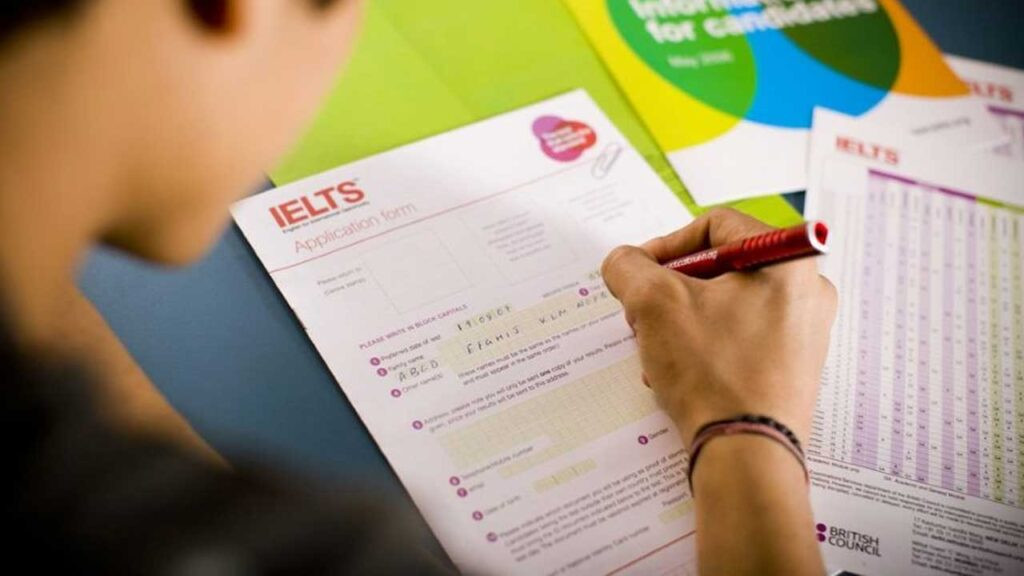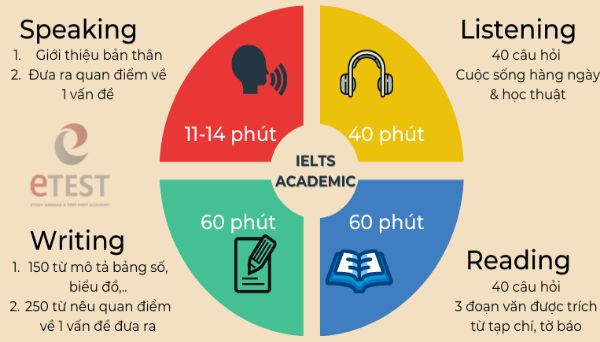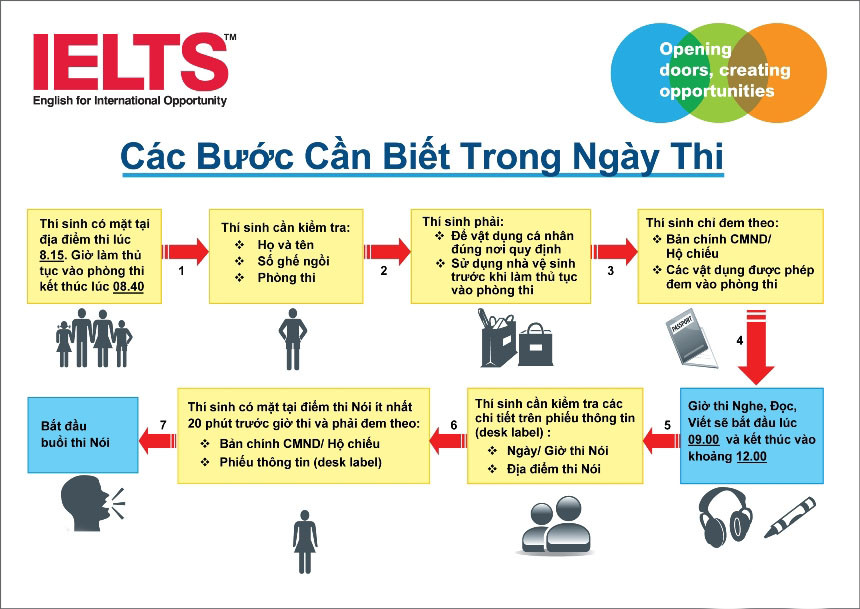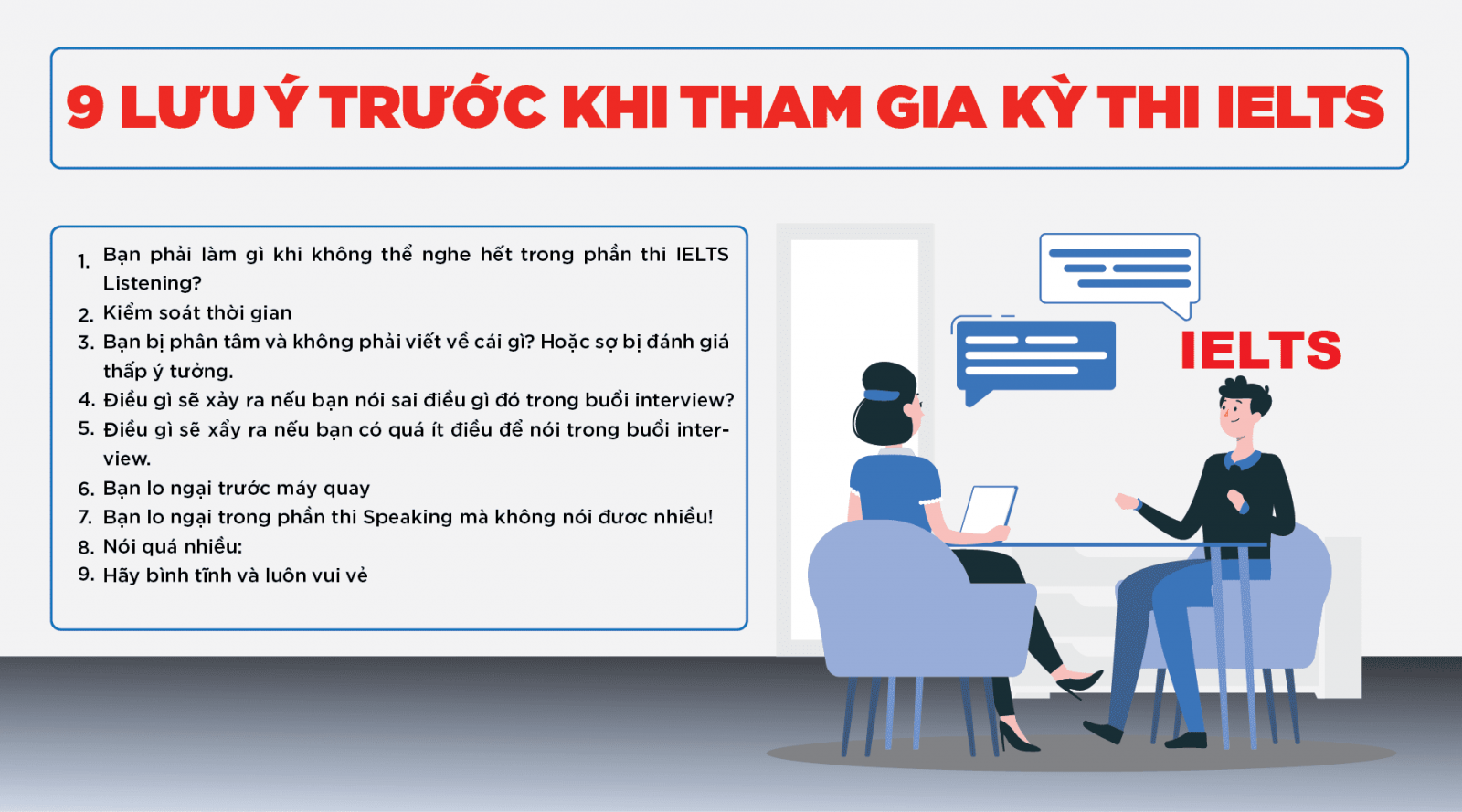Detailed Instructions on IELTS Exam and How to Prepare Effectively

IELTS (International English Language Testing System) is one of the most important and popular English exams in the world. This exam is widely recognized and required for study, work and migration to English-speaking countries. Below is a detailed guide to the IELTS exam, from structure and test type to effective preparation strategies.
1.Structure of the IELTS Test.
IELTS consists of three main parts: Listening, Reading, Writing and Speaking. This is the general structure of the exam:
+ Listening: The test has 4 parts, each part includes different listening exercises. Candidates will have to listen and fill in the blanks or answer questions.
+ Reading: There are also 4 parts, including different types of texts such as articles, essays, advertisements. Candidates will have to read and answer questions from these passages.
+ Writing: This test has two parts. Part 1 requires candidates to write an essay presenting information from a graph, bar chart, pie chart or map. Part 2 requires writing an essay on a specific topic.
+ Speaking: The final test requires candidates to engage in a conversation with an assessor. This conversation includes questions about daily life and other topics.

2.Preparation Strategy.
Understand the Test Format: Observe and become familiar with the format of each section of the test so you can prepare effectively.
Practice Listening and Speaking Regularly: Listen to English recordings and practice speaking to improve your listening and speaking skills.
Read and Write Every Day: Read a variety of English texts and write essays regularly to improve reading and writing skills.
Take Courses and Sample Tests: Take IELTS courses and take sample tests to familiarize yourself with the style and difficulty of the questions.

3.Important Note.

Time Management: Allow enough time for each section of the exam and know when to move on to another question if you get stuck.
Use Language You Understand: Use vocabulary and grammatical structures you actually understand to avoid mistakes and increase your score.
Confidence and Relaxation: The IELTS test not only evaluates your English skills but also your communication ability. Be confident and relaxed during the test.
With a thorough understanding of the structure and preparation strategies, you will have a positive and confident start to conquering the IELTS exam. Focus on studying and practicing to achieve the best results!

